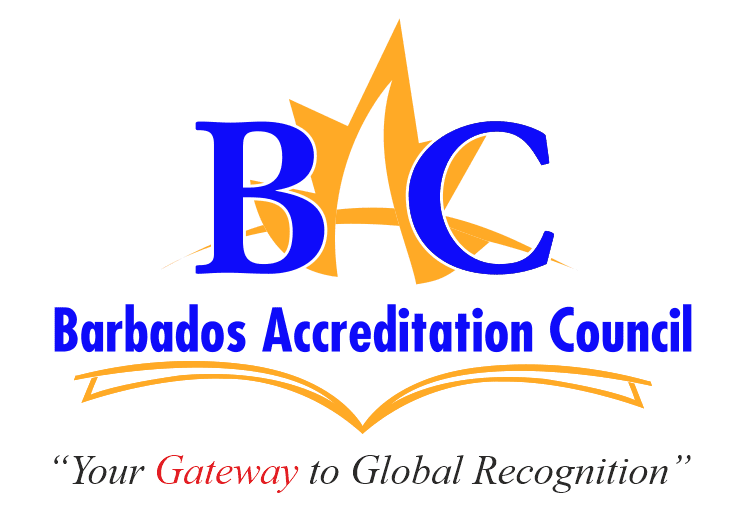World Quality Day (WQD) is celebrated annually on the second Thursday in November, but for the first time this year, the celebrations have changed to the entire Week with the theme ‘Sustainability: improving our products, people and planet’. The COP26, United Nations Climate Change Conference has once again brought into sharp focus the need for sustainable development. I am sure that we have all heard and know the rallying call of the Caribbean, “1.5 to stay alive” (http://www.1point5.info/en/) but have we stopped to consider the true implications of this phrase and the role that we place in reducing our carbon footprint?
The Global Development Goal (GDS) 4: Quality Education reminds us that one of the fundamental outcomes of quality education is upward socioeconomic mobility. However, the advent of the COVID-19 pandemic has the potential of reducing the quality of and access to education. The pandemic has highlighted, in Barbados, as it has around the world the marked disparity between the ‘haves’ and the ‘have nots’, which has the potential of retarding the achievement of GDS 4. Albeit, the pandemic has also led to a rethinking and reconceptualization of education and its assurance since what it highlighted, amongst other things, was the need for education and its quality assurance practices, both at the internal and external levels, to become more sustainable.
Prior to the pandemic, external and to a certain extent internal, quality assurance depended on the physical presence of external experts, with the financial burden costs, including travel and hotel accommodation, being carried by the institution. But the pandemic with its restricted travel has meant that external quality assurance agencies and institutions had to take a more financially sustainable and environmentally friendly approach to the reviews and evaluations. This new approach has seen the use of technology to facilitate and to replace the once costly quality assurance activities. Hence, the pandemic, although resulting in much disruption at the institution and the external quality assurance levels, has provided an ideal opportunity for both entities to reimagine a quality assurance world which is more efficient and sustainable. This is particularly important for us as country and as a region, as we grapple with realities of climate change, rising sea levels, increased intensity of hurricanes, and draught. Remember, 1.5 to stay alive!
As we celebrate World Quality Week, with its theme of ‘Sustainability: improving our products, people and planet’, let us commit ourselves to the rethinking, reimagining and re-visioning of our quality assurance practices, internal and external, to further capitalize on the sustainable development steps taken during the pandemic, whilst at the same time continuing to ensure the robustness and integrity of the processes. In other words, let us build a robust, system that is financially and environmentally sustainable. In conclusion, remember that the focus on sustainable quality assurance should continue past this week dedicated to quality and must be reflected in every aspect of our lives. Let us remember that we are borrowing this planet from our children. Happy World Quality Week.
Dr Pamela Dottin
Quality Assurance Officer
UWI Open Campus
10 November 2021

